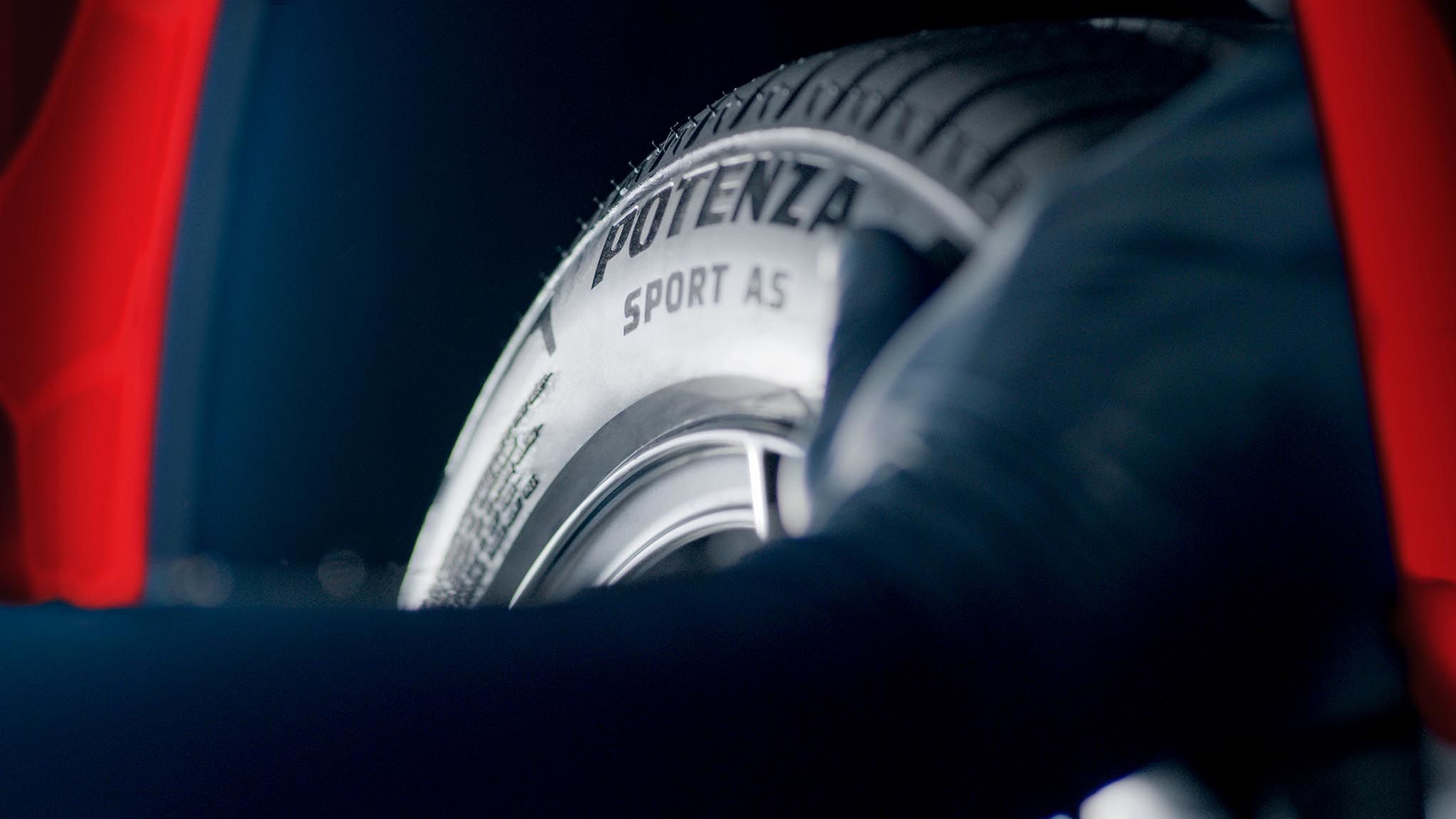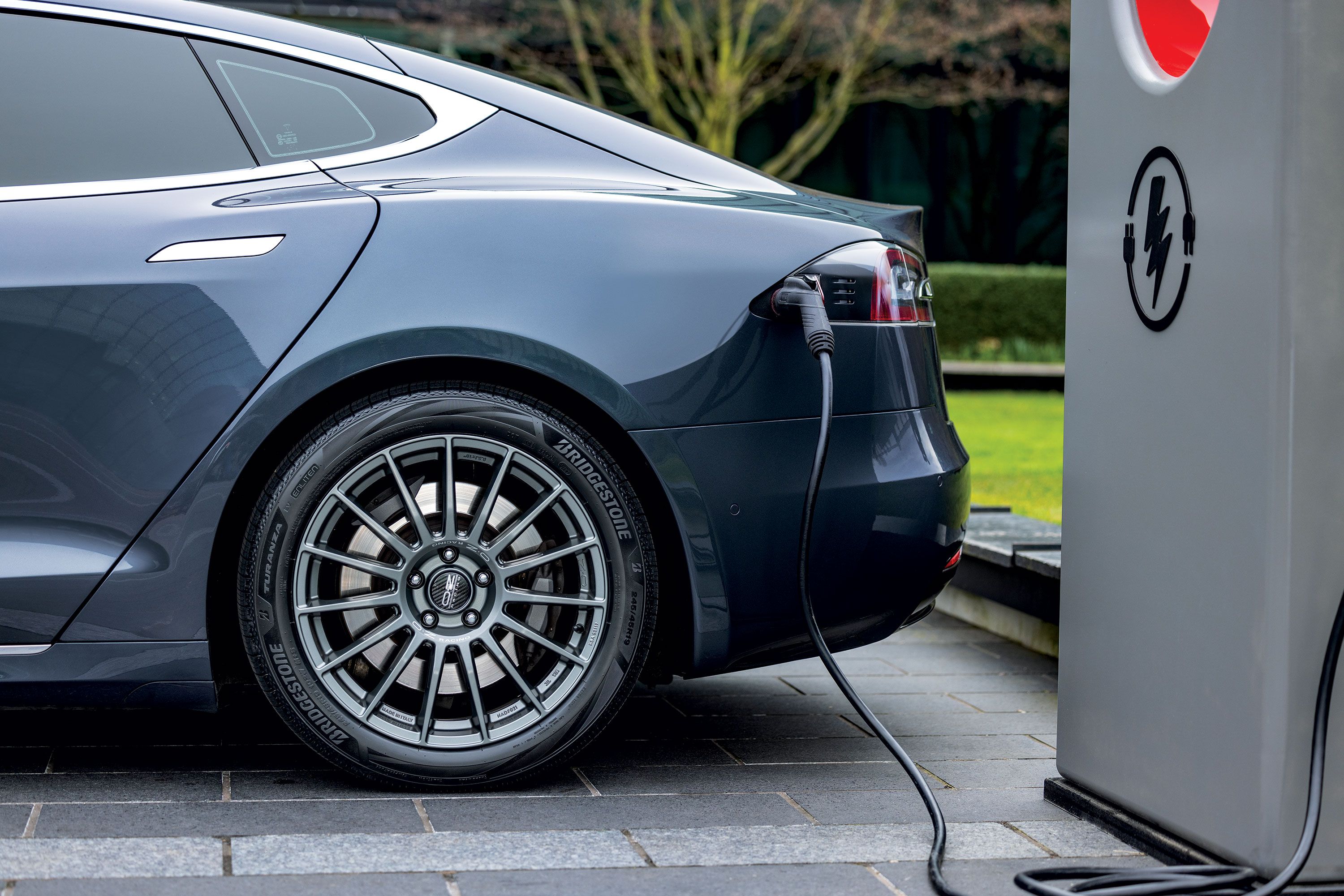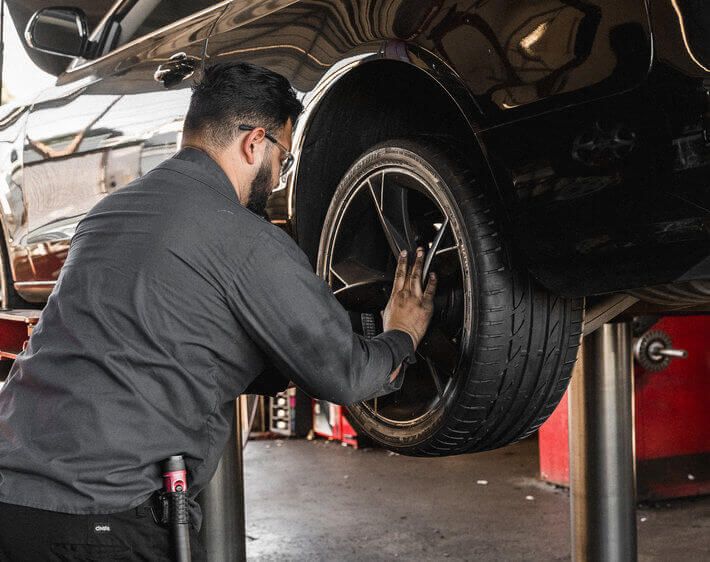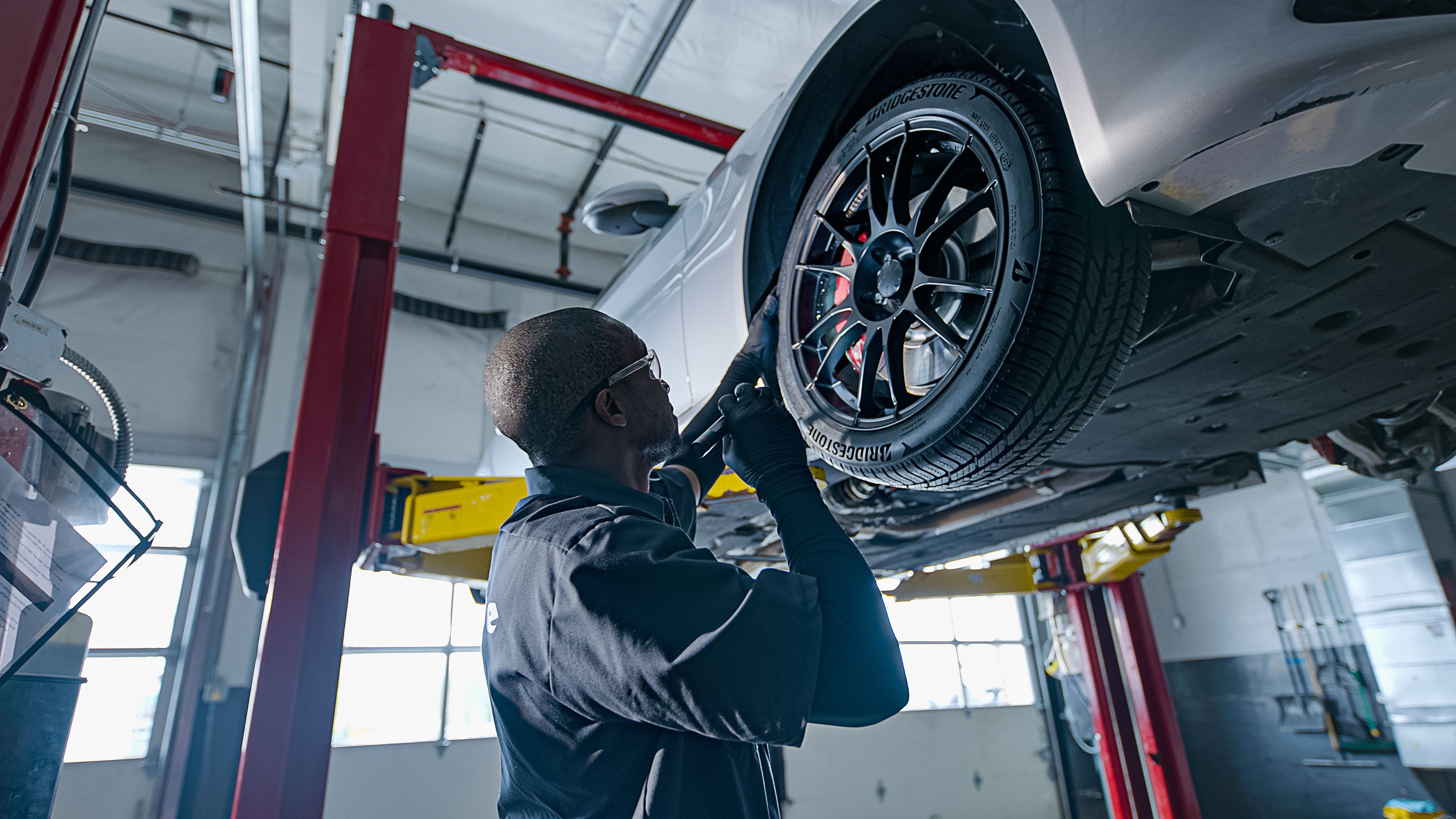Every year, the automotive industry pushes the boundaries of performance. Today’s vehicles have more horsepower and torque than ever, but that power is useless without adequate traction. Enter performance tires — a good set can help give you the grip and handling needed to take full advantage of your vehicle’s power.
But are performance tires really worth it? Read on to learn what performance tires are, their pros and cons, and whether they’re right for your vehicle.
What Are Performance Tires and Who Are They For?
Compared to standard tires, performance tires are engineered to help provide superior grip, responsiveness, and control, particularly in demanding wet and dry driving situations. They are typically intended for enthusiasts, sports car owners, and drivers who prioritize performance.
Whether you partake in the occasional track day or simply want to maximize your vehicle’s capabilities, performance tires could be the perfect choice for your ride.
Do Performance Tires Make a Difference?
They absolutely do! Let’s demystify how the engineering of performance tires may impact specific performance areas:
- Enhanced Grip: The unique, soft rubber compound found in most performance tires maximizes grip on the road. Additionally, they’re often designed with wider contact patches, which maximize the amount of surface area in contact with the road. The enhanced traction these features offer are to designed to provide better stability, acceleration, braking, and handling overall.
- Increased Agility: Performance tires tend to have shorter sidewalls, which reduce flex when cornering. When combined with a grippy compound and wide contact patch, these shorter sidewalls help result in a sharper, more precise steering response.
- Better Durability: Though softer compounds can lead to reduced longevity (as we’ll discuss below), performance tires may hold up to aggressive driving better than your average tire. Since they dissipate heat quite effectively, they can usually hold up to high speeds, sharp cornering, and aggressive acceleration/deceleration. Their stiff sidewalls and grippy compounds are also designed to help lessen the chance of losing traction, which can wreak havoc on your tire treads.
- Higher Top-Speeds: All of these features combined result in a tire that can get you where you want to be lickety-split. In fact, most performance tires have speed ratings that allow for driving well over 100 MPH. Though you certainly shouldn’t exceed the speed limit on the street, performance tires enable you to hit the track with some serious fury.
What’s the Trade-Off of Performance Tires?
Unfortunately, nothing is free — for all of that added performance, some sacrifices must be made. The main drawbacks of performance tires are:
- Increased Road Noise and Bumpier Ride: Due to their stiff nature, performance tires allow more vibrations to transfer through the tire and into your vehicle. As such, you might hear and feel the road a bit more than if you were riding on cushy, comfort-oriented tires.
- Reduced Fuel Efficiency: More grip means better handling and performance, but also a higher rolling resistance — that is, how much the road fights back against your vehicle’s movement. As rolling resistance increases, your vehicle has to use more power to overcome that sticking force, which may worsen your gas mileage.
- Shorter Lifespan: Performance tires might hold up better to track-day abuse, but in the long run, their softer, grippier compounds may wear down faster.
How Long Do Performance Tires Last?
We’re with you — when you invest in new tires, you expect them to last. So how long do performance tires last, exactly? Tire longevity varies drastically, with some tires lasting a mere 25,000 miles, and others lasting close to 80,000 miles. Ultimately, the answer depends on factors like your driving and maintenance habits, road conditions, and the brand of performance tire you choose.
However, an in-depth study from Consumer Reports found that regular all-season tires lasted 55,000 to 85,000 miles, while performance all-season tires lasted 50,000 to 85,000 miles. That’s only a 5,000 mile difference! Some of us change our oil within that time frame. So if performance is your priority, 5,000 miles of longevity could be a reasonable sacrifice to make.
What are the Best Performance Tires?
What if you could combine the versatility and durability of regular all-season tires with the enhanced agility of performance tires? With a set of Bridgestone Potenza Sport AS tires, you can do just that. As some of the best performance tires for daily driving, they boast exceptional tread life while maintaining fantastic wet, dry, and light snow performance*.
Potenza Sport AS tires check most every box, from responsive handling to competitive traction. To top it all off, they’re available in a plethora of sizes, so you can experience peak performance for your ride.
So, Are Performance Tires Worth It?
If you crave the perfect blend of performance, efficiency, and handling on the road, Bridgestone Potenza tires are a phenomenal investment for your driving experience. For personalized advice and professional installation, head to your local Firestone Complete Auto Care – your go-to destination for the best tire solutions. Schedule your appointment today!
*The Potenza Sport AS is an all-season tire and is not a dedicated winter tire.



